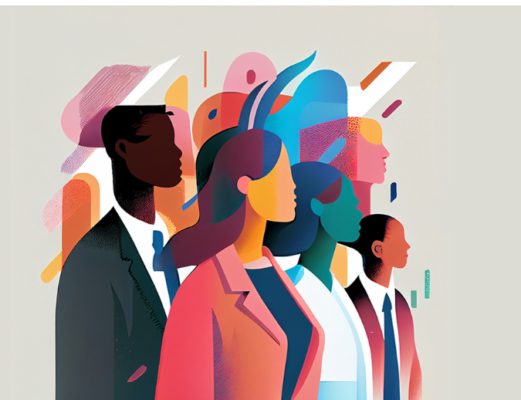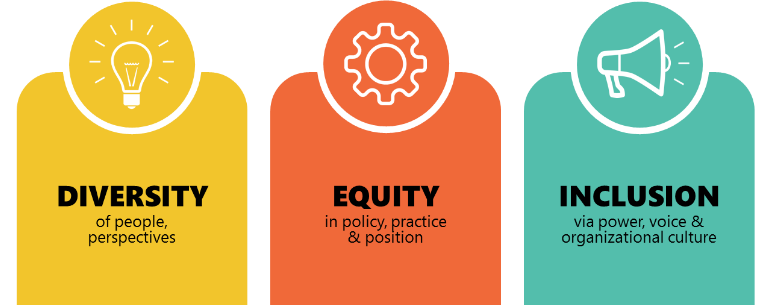Examining the Implications and Debates Surrounding the Decision
Florida has recently taken a significant and controversial step by permanently banning funding for Diversity, Equity, and Inclusion (DEI) initiatives in state schools. The move has sparked widespread debates, with proponents applauding it as a protection of conservative values, while critics argue that it stifles efforts to create inclusive learning environments. This article explores the implications of Florida’s decision and the ongoing discussions surrounding diversity and inclusion in education.
The Ban on DEI Funding: Unraveling the Controversy
In a move that has drawn national attention, Florida has passed legislation to permanently prohibit the allocation of funds for DEI programs in state schools. Supporters of the measure argue that it aligns with their vision of maintaining traditional values in education and preventing what they perceive as potential indoctrination. However, critics view it as a regressive step that hinders efforts to address systemic inequalities and promote understanding among diverse student populations.
The Conservative Stance: Protecting Ideological Values

Those in favor of the ban assert that it safeguards conservative ideologies and prevents the introduction of what they perceive as politically charged ideologies into the education system. Proponents argue that the focus should be on providing a neutral education environment that avoids favoring any specific group, thereby fostering a unified and cohesive society.
Critics’ Perspective: Impeding Progress on Inclusion
Conversely, critics contend that the permanent ban on DEI funding impedes progress towards creating inclusive educational environments. They argue that DEI initiatives are essential for addressing historical disparities, fostering empathy, and preparing students for a diverse and interconnected world. Critics also express concerns about the potential impact on marginalized communities, asserting that the ban exacerbates existing inequalities.
The Role of DEI in Education: Navigating Challenges
Diversity, Equity, and Inclusion initiatives have become central to contemporary educational discourse, aiming to create learning environments that reflect and respect the diverse backgrounds and experiences of students. By permanently banning funding for such initiatives, Florida’s decision raises questions about how educational institutions can navigate the challenges of fostering inclusivity and understanding among students without financial support.
National Landscape and Potential Ripple Effects
Florida’s move to permanently ban DEI funding in state schools reflects a broader national debate on the role of these initiatives in education. As other states grapple with similar issues, the decision in Florida may influence future legislative actions and policy directions across the country. Examining the potential ripple effects is crucial for understanding the evolving landscape of diversity and inclusion in education.
Balancing Ideological Values and Educational Equity
The debate surrounding DEI funding in Florida brings to light the challenge of striking a balance between ideological values and the pursuit of educational equity. As educators, policymakers, and communities grapple with these issues, finding common ground that respects diverse perspectives while prioritizing inclusivity remains a complex but necessary endeavor.
Read More News:
- Georgia Among States Most Vulnerable to Identity Theft: Urgent Action Needed
- TGI Fridays Shutters 7 New Jersey Outposts Amidst Strategic Transformation
Florida’s decision to permanently ban funding for Diversity, Equity, and Inclusion initiatives in state schools has ignited a fierce debate about the role of ideology and inclusivity in education. As the state navigates these contentious waters, the nation watches closely, recognizing that the outcome may shape the future trajectory of educational policies on diversity and inclusion. The ongoing discourse underscores the importance of fostering respectful conversations and finding common ground to ensure that education remains a transformative force for all students, regardless of their background or beliefs.
